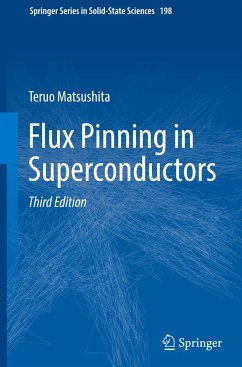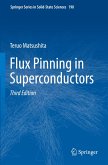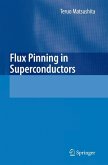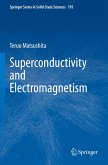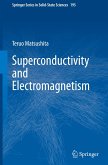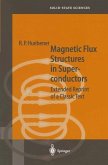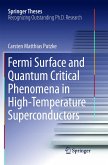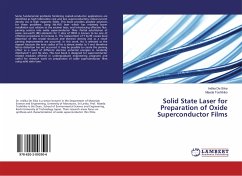This book covers the flux pinning mechanisms and properties and the electromagnetic phenomena caused by the flux pinning common for metallic, high-Tc and MgB2 superconductors. The condensation energy interaction known for normal precipitates or grain boundaries and the kinetic energy interaction proposed for artificial Nb pins in Nb-Ti, etc., are introduced for the pinning mechanism. Summation theories to derive the critical current density are discussed in detail. Irreversible magnetization and AC loss caused by the flux pinning are also discussed. The loss originally stems from the ohmic dissipation of normal electrons in the normal core driven by the electric field induced by the flux motion.
The influence of the flux pinning on the vortex phase diagram in high Tc superconductors is discussed, and the dependencies of the irreversibility field are also described on other quantities such as anisotropy of superconductor, specimen size and electric field strength. Recent developments of critical current properties in various high-Tc superconductors and MgB2 are introduced.
The 3rd edition has been thoroughly updated, with a new chapter on critical state model. The mechanism of irreversible properties is discussed in detail. The author provides calculations of pinning loss by the equation of motion of flux lines in the pinning potential and hysteresis loss.
The readers will learn why the resultant loss is of hysteresis type in spite of such mechanism. This book aims for graduate students and researchers studying superconductivity as well as engineers working in electric utility industry.
The influence of the flux pinning on the vortex phase diagram in high Tc superconductors is discussed, and the dependencies of the irreversibility field are also described on other quantities such as anisotropy of superconductor, specimen size and electric field strength. Recent developments of critical current properties in various high-Tc superconductors and MgB2 are introduced.
The 3rd edition has been thoroughly updated, with a new chapter on critical state model. The mechanism of irreversible properties is discussed in detail. The author provides calculations of pinning loss by the equation of motion of flux lines in the pinning potential and hysteresis loss.
The readers will learn why the resultant loss is of hysteresis type in spite of such mechanism. This book aims for graduate students and researchers studying superconductivity as well as engineers working in electric utility industry.

